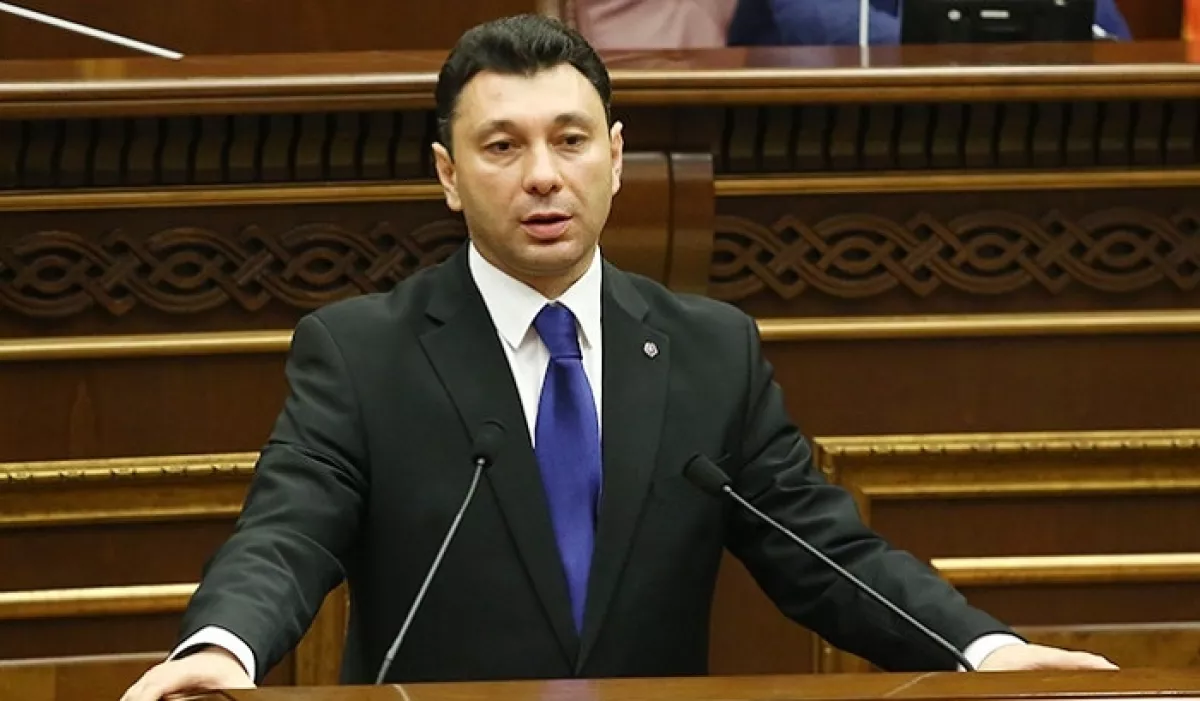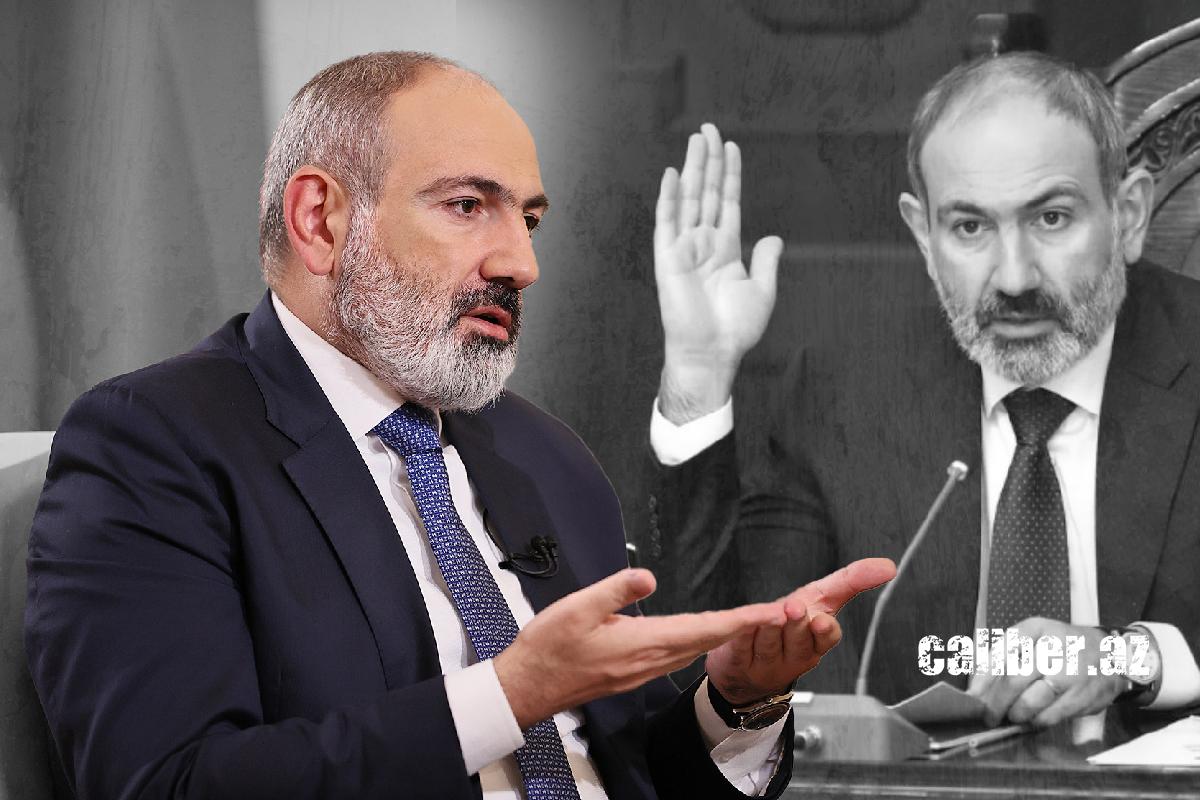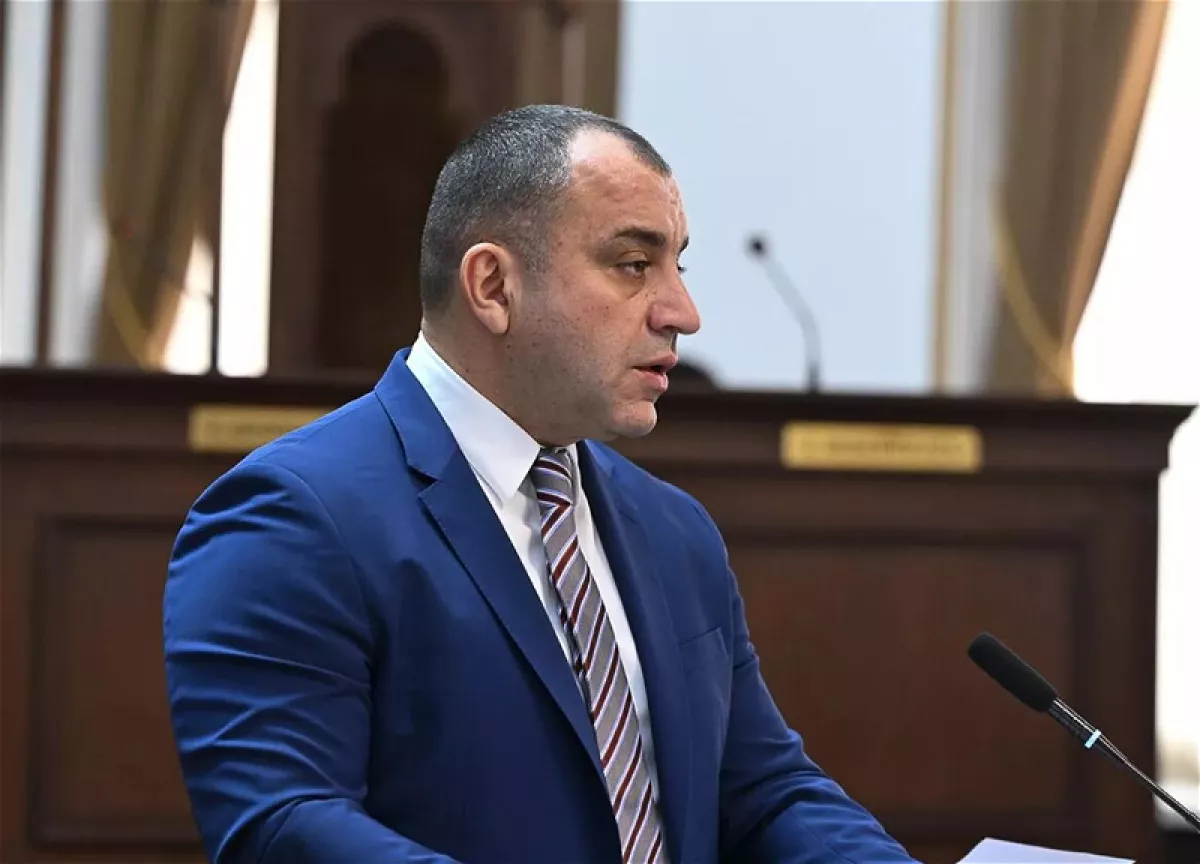Pashinyan’s ongoing cat-and-mouse game with Armenian people The elusive road to peace
Recently, once again, the factor of former Vice Speaker of the Armenian Parliament and member of the executive body of the Republican Party, Eduard Sharmazanov, came to the forefront. He stated that by "renouncing the Declaration of Independence and Karabakh, Armenia is discrediting itself in the eyes of its partners, primarily Russia," which may turn away from the country, as Armenia itself is now rejecting its own Declaration. "If you renounce the Declaration, how will your foreign political partners, the Russians for example, relate to you?"

Unfortunately, our geographic neighbours remain unchanged, openly continuing to consider themselves as someone’s outpost. This is the main reason why Armenian politicians are discussing the necessary steps for their own country, based on how these actions will be perceived by their patron, who is constantly changing. In this context, with a clear absence of an independent perspective on issues that should concern a supposedly sovereign Armenia, Sharmazanov seriously contemplates these matters.
The discussion within Armenian society regarding the Armenian Declaration, which explicitly outlines territorial claims against Azerbaijan, is deeply entangled in contradictions. There are constant games, evasive rhetoric, and a lack of clear specifics regarding what Armenian political leaders, including the highest officials, intend to do with this Declaration (or around it). This is especially true considering that Armenia's Constitution is based on it, a fact that official Baku has repeatedly highlighted, firmly stating its position through the lens of Yerevan’s readiness to sign a peace agreement.
As Azerbaijani President Ilham Aliyev noted on this matter, "Of course, it is simply impossible to conclude a peace agreement between Armenia and Azerbaijan while the current constitution of Armenia remains unchanged." According to the head of state, when Azerbaijan raises this issue, it does not mean interference in Armenia's internal affairs: "Not at all, but it is about us. At a time when they have territorial claims against us, we cannot conclude a peace agreement with Armenia."

The games of various kinds continue from Armenian politicians, who likely believe that their actions will go unnoticed in Baku. For instance, in October 2024, Armenian Prime Minister Nikol Pashinyan claimed that there was "sufficiently coordinated content to sign a peace agreement right now." However, he was soon confronted with an evaluation from President Ilham Aliyev, who deemed the Armenian government's proposal "strange" in terms of signing everything that had been agreed upon while leaving "disputed provisions for the next stages." As the Azerbaijani president emphasized, "this is completely unrealistic," adding that he is unaware of any precedent for such an approach.
As noted earlier, Armenian politicians continue to recycle their old narratives without subjecting them to any real changes or new interpretations. An example of this came on November 14, when Prime Minister Nikol Pashinyan stated that over the past years, he had "re-read the Declaration of Independence dozens of times and came to the dreadful conclusion that its content leads to the impossibility of the existence of the Republic of Armenia." Following this, Armenian Foreign Minister Ararat Mirzoyan informed the Armenian lawmakers that Armenia and Azerbaijan were very close to finalizing the text of a peace agreement. However, he only mentioned the need to wrap up "one or two phrases and articles around which negotiations would continue more intensively."
In other words, Armenian society once again did not receive a clear answer regarding what was happening with the peace agreement, and Baku did not hear any specifics about the Armenian government's stance on revising the country's constitution or rethinking the Declaration of Independence. Of course, this did not come as a surprise, since just earlier, Pashinyan stated that Yerevan would refrain "from making amendments to its Constitution for two reasons." The first reason he cited was the risk of disrupting the Armenia-Azerbaijan peace process. The second reason he declared was the presence of a provision in the "agreed-upon part of the peace agreement," stating that "neither party can invoke domestic legislation as an excuse for failing to implement the agreement."

It is interesting to consider whether Nikol Pashinyan truly believed that with his latest evasive statements, he had settled the issue once and for all. But then, how does one reconcile this with the revelations of the Chairman of the Constitutional Court (CC) of Armenia, Arman Dilanyan, who claimed that his institution's recent ruling "did not annul and, in fact, cannot annul the Declaration," since there is "only one entity with the authority to denounce the document — the people of Armenia, and no other body holds such powers"? At the same time, the Chairman of the Constitutional Court of Armenia, of course, did not clarify what was meant in the Court's decision of September 26, which stated that the reference to the Declaration in the country's constitution was "legally void."
Thus, official Yerevan continues its cat-and-mouse game with the Armenian people, playing tactics that have long been familiar to Baku, which has grown accustomed to such insinuations from the Armenian authorities. This is why some Armenian experts confidently state that the "Third Republic" is facing collapse, and as political scientist Alan Ghevondyan put it, "The Fourth Republic, which will emerge from the ruins of Armenian statehood, will merely be a 'territory' devoid of sovereignty." As he noted, "In the face of a significant power imbalance, Armenia could cease to exist as a state. And, most regrettably, there is an internal consensus regarding such a scenario."
Well, let it be. They will sort it out themselves. We are merely observing the developments in the neighbouring country.








